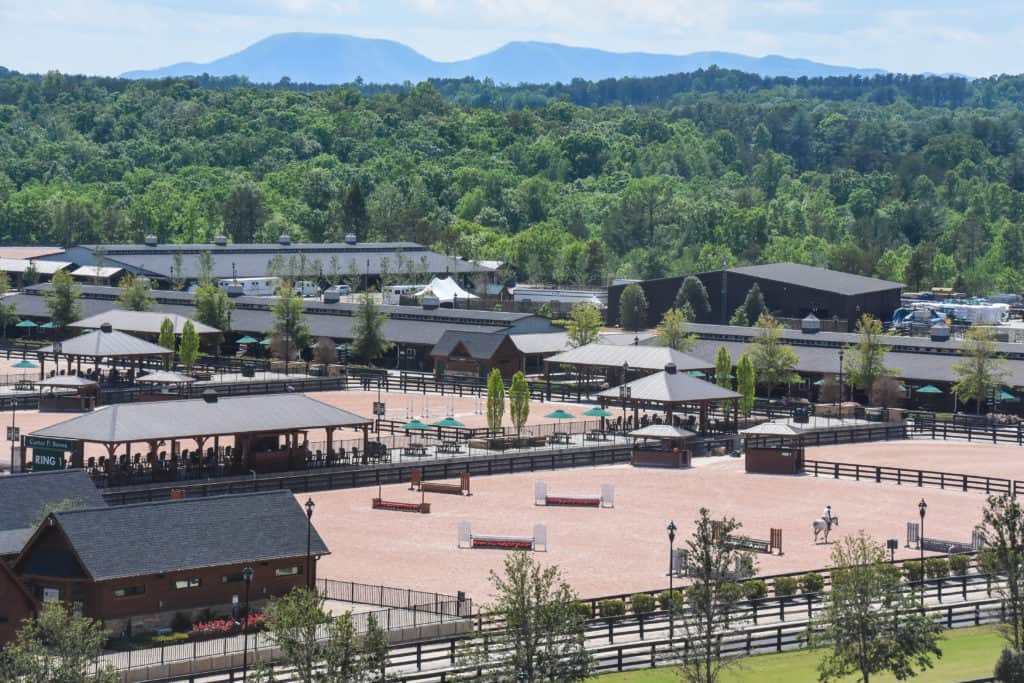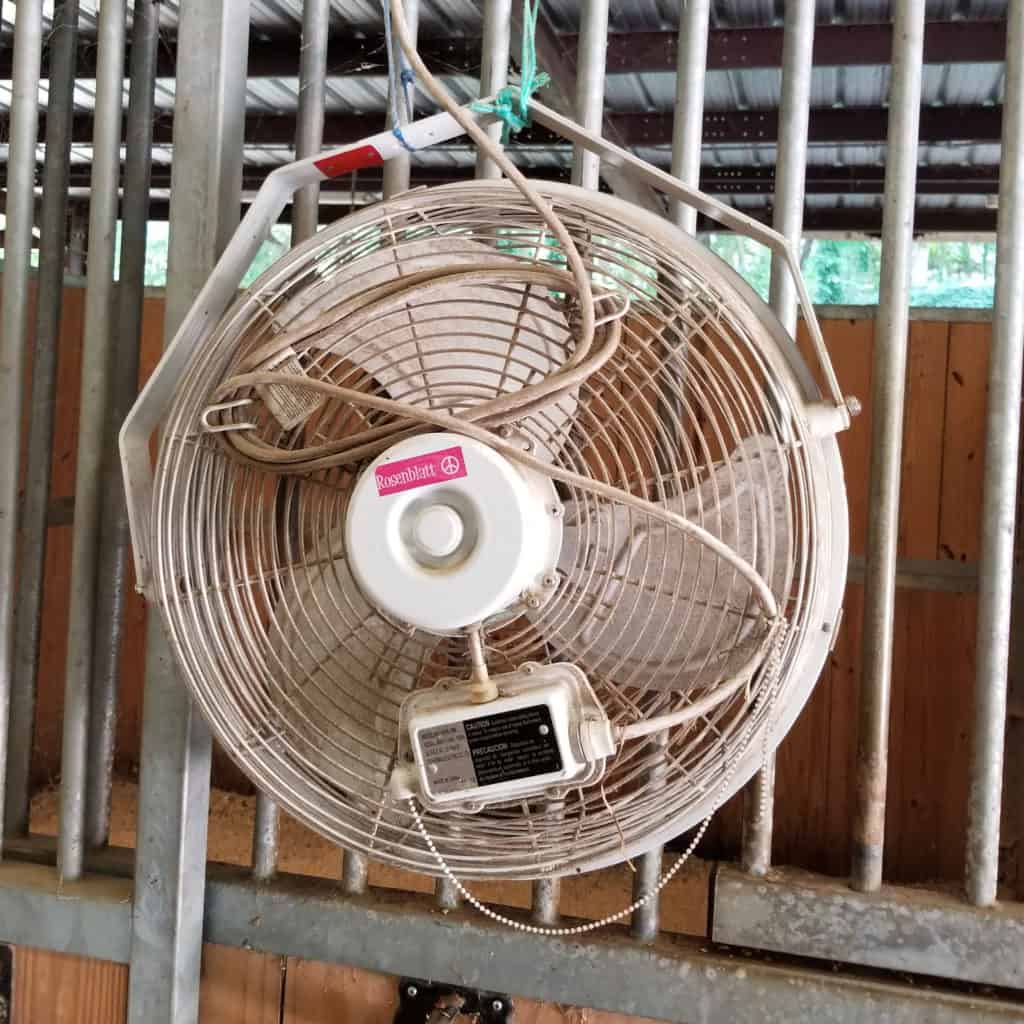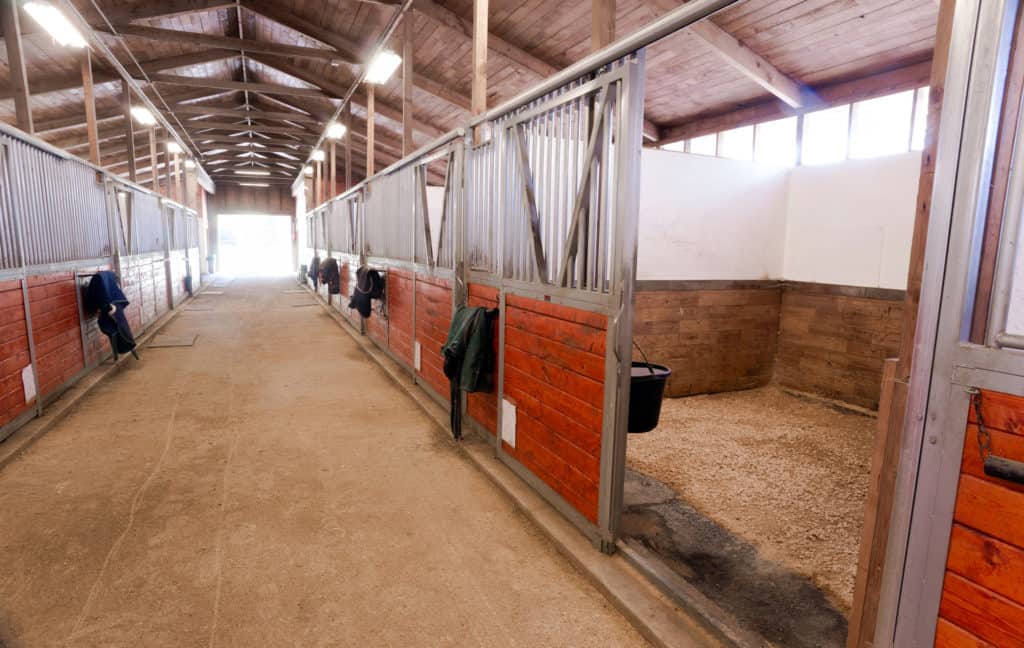
Innovations in Confinement Area Horse-Keeping
Find out how to construct safe, aesthetic, and eco-friendly confinement areas on your horse property.
Design and maintain a healthy horse operation

Find out how to construct safe, aesthetic, and eco-friendly confinement areas on your horse property.

Take steps to manage your horse’s weight and behavior while he’s cooped up.

A senior mare gets grumpy when other horses walk by her in the barn. Our equine behaviorist looks at possible reasons why and how her owner can fix her aggressive behavior.

Have you cleaned your horse’s feed bucket recently? Dr. Clair Thunes shares tips on when, why, and how often you should clean your horse’s buckets and feeders.

A Kentucky Thoroughbred farm is reaping the benefits of healthier mares and foals after making horse pasture renovations over the past year with guidance from University of Kentucky personnel.

Learn how researchers are improving footing at two major competition venues in the United States, including the one that will host the 2018 World Equestrian Games next month.

Critical conditions such as colic, injuries, and dehydration can strike when you’re at a competition with your horse. Here’s how to handle them.

If successful, the case will be the first to establish that animals have the legal right to sue their alleged abusers in court.

An automated feeder that provides grain in multiple small meals throughout the day might help reduce the prevalence of gastric ulcers in horses in training.

Researchers used computer simulation models to assess the risk of disease spread from horse events and the effectiveness of various control protocols in the face of the outbreak at a home stable.

Horses are one of the most susceptible species to botulism. Find out how to protect your horse from this deadly neurologic disease.

Dr. Rebecca Gimenez explains why using box fans in horse barns is dangerous.

Does your herd leader get too much to eat while the low man doesn’t get enough? Here’s our expert’s advice.

Hay can become a significant fuel source for fires or even cause a fire through spontaneous combustion. Learn how to best store your hay from Alayne Blickle of Horses for Clean Water and Dr. Rebecca Gimenez of Technical Large Animal Emergency Rescue.

Dr. Rebecca Gimenez of Technical Large Animal Emergency Rescue explains how to select and learn to use a fire extinguisher for your horse barn.

However, researchers did observe an 86% reduction in inhalable dust concentrations when horses were fed haylage instead of hay and stalls were bedded with wood shavings instead of straw.
Stay on top of the most recent Horse Health news with
"*" indicates required fields